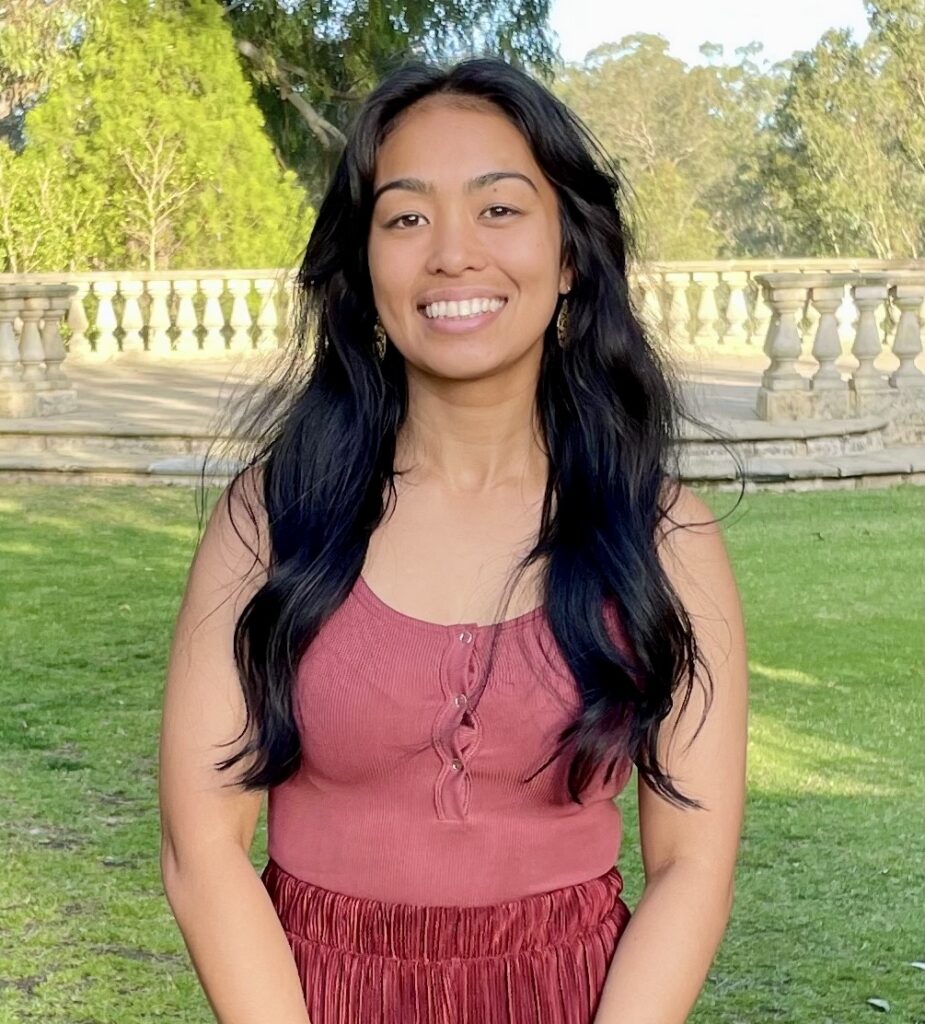Unsung heroes: the role of sibling carers in eating disorder recovery
Alisha was 21 when she became a carer for her sister who had an eating disorder. Today Alisha is a counsellor with EDFA.

Unsung heroes: the role of sibling carers in eating disorder recovery
Caring for a loved one with an eating disorder is a huge responsibility, filled with emotional and psychological challenges. While much focus is placed on parents, it’s important to recognise that siblings can also play a crucial role in recovery. As a sibling carer, your role is invaluable, and your experiences and contributions deserve acknowledgment and support.
When my sister told me she was experiencing an eating disorder, I found myself in a role I never expected. Like many siblings, I was suddenly in uncharted territory, trying to be a supportive sister while dealing with my own emotions and responsibilities. Sibling carers face unique challenges that are different from those of parents, but their impact is equally significant. Watching a sibling struggle with an eating disorder is heartbreaking. The constant worry about their health, the fear of relapse, and the helplessness in trying to ‘fix’ things can be overwhelming. It’s common to feel a rollercoaster of emotions, from frustration and anger to guilt and sadness.
Being a friend, confidant and now carer, too
As siblings, we are supposed to be friends and confidants, and now, carers too. This dual role can create a sense of conflict as we try to provide support without losing our sibling relationship. Balancing these roles takes a lot of patience, understanding, and emotional resilience.
One of the hardest parts is the lack of recognition that sibling carers often get. Society usually focuses on parents as the main carers, ignoring the critical support that siblings provide. This lack of acknowledgment can make sibling carers feel undervalued and isolated. Many support resources are geared towards parents, leaving siblings with fewer options for guidance and help. Sibling-specific support groups or counselling can be difficult to find, but this support is essential for our well-being.
Not all primary caregivers are parents. As siblings, our contributions are crucial. Recognising this validates our experiences and helps create a broader support system that includes all family members involved in the care process. Our role in encouraging recovery goes beyond providing practical support. We offer emotional stability, unconditional love, and a non-judgmental space for our siblings.
To all the sibling carers out there, your role is vital.
You are more than just a brother or sister; you are a beacon of hope and strength in your loved one’s journey to recovery.
Recognise your worth, seek the support you need, and keep providing the love and care that only a sibling can offer. Together, we can make a difference, encouraging recovery and fostering resilience in the face of eating disorders.
Questions I often discuss with carers include…
How can I best support my sibling without enabling their eating disorder?
Supporting a sibling with an eating disorder involves a delicate balance. It’s crucial to be there for emotional support without reinforcing harmful behaviours. Encourage your sibling to seek professional help and accompany them to appointments if they feel comfortable. Avoid discussing weight, diet, or appearance; instead, focus on listening and validating their feelings. Setting boundaries is also essential to protect your own mental health while being a supportive presence. Most importantly, remember that they are your sibling and try not to change your interactions with them; continue to treat them like your sibling.
What signs should I look for to know if my sibling’s condition worsens?
Recognising the signs of a worsening eating disorder can help you intervene early. Look for changes in eating habits, increased obsession with food or body image, withdrawal from social activities, and noticeable weight changes. Other red flags include excessive exercise, mood swings, and physical symptoms like dizziness or fatigue. If you notice these signs, it’s important to communicate your concerns gently and encourage your sibling to seek professional help.
How can I talk to my sibling about their eating disorder without upsetting them?
Approach conversations with empathy and without judgment. Choose a private, calm moment to talk and express your concern using “I” statements, such as “I’ve noticed you’ve been struggling with eating, and I’m really worried about you.” Avoid blaming or criticising them. Let them know you are there to support them and encourage them to share their feelings. If they become defensive, give them space and try again later, reinforcing your support.
What should I do if my sibling refuses to get help?
It’s frustrating when a loved one refuses help, but it’s important to remain patient and supportive. Continue to express your concern and offer to assist in finding resources or accompanying them to appointments. Sometimes, having another trusted family member or friend talk to them can make a difference. If their health is at serious risk, you might need to involve professionals directly. Remember, there is only so much you can control in these situations. Understand your own limitations and boundaries.
How can I manage my own stress while caring for my sibling?
Caring for a sibling with an eating disorder can be emotionally challenging. It’s essential to prioritise your own well-being by seeking support from friends, family, support groups, or mental health therapists. Set aside time for activities that help you relax and recharge. Establishing boundaries and communicating your needs clearly can help prevent burnout. Remember, you can’t pour from an empty cup. To support your sibling effectively, you must first take care of yourself.
Can sibling carers be of any age? How young, how old?
Young children, teenagers, and adults can all find themselves in a caregiving role. The responsibilities and challenges will vary depending on the carer’s age and life circumstances. For younger siblings, involvement might include offering emotional support and observing signs of distress. Older siblings might take on more active roles, such as coordinating medical appointments or managing household responsibilities.
What do sibling carers need/want most to manage their job more easily?
Sibling carers often need a combination of emotional support, practical assistance, and resources. Emotional support can come from family, friends, or professional mental health therapists, where they can share their experiences and feelings. Practical assistance might include respite care, help with daily tasks, or financial aid. Access to educational resources about eating disorders can empower them with knowledge and coping strategies. Most importantly, clear communication and support from healthcare professionals can make a significant difference in managing their caregiving role.
Do sibling carers need to cease their own pursuits to care for their loved one?
Sibling carers frequently balance caregiving duties with other responsibilities, such as studying, working, or caring for other family members. The strain of managing multiple roles can be overwhelming, and some may choose to reduce their hours at work or take a break from their studies to focus on their sibling’s needs. This decision often depends on the severity of the eating disorder and the availability of other support systems. To avoid burnout, sibling carers may need support balancing their responsibilities while maintaining their own well-being.
Caring for my sister has shaped my life, too
Reflecting on my journey, 10 years have passed since my sister first confided in me; I was 21 then but had been concerned about her since I was 16. The worry I felt back then hasn’t disappeared but has changed. My sister is thriving and confidently recovered. This transformation has been indescribable to witness, filling me with hope and reaffirming the importance of my caregiving role.
Inspired by this role, today, I work as a counsellor for Eating Disorders Families Australia (EDFA). Helping others navigate their roles as carers is a passion born from my personal journey. The agony of watching a loved one suffer is familiar, but so is the hope that comes with recovery. I strive to provide professional and personal support, mindful of the profound impact of connection and empathy.
If you find yourself caring for a loved one who is experiencing an eating disorder, whether they be a sibling, child, parent, partner, family member, or a friend, please reach out for support. EDFA counsellors are available for online video counselling appointments to Australian residents nationally at no cost. We understand the carer journey, and we are here for you.
Contact the EDFA here.





